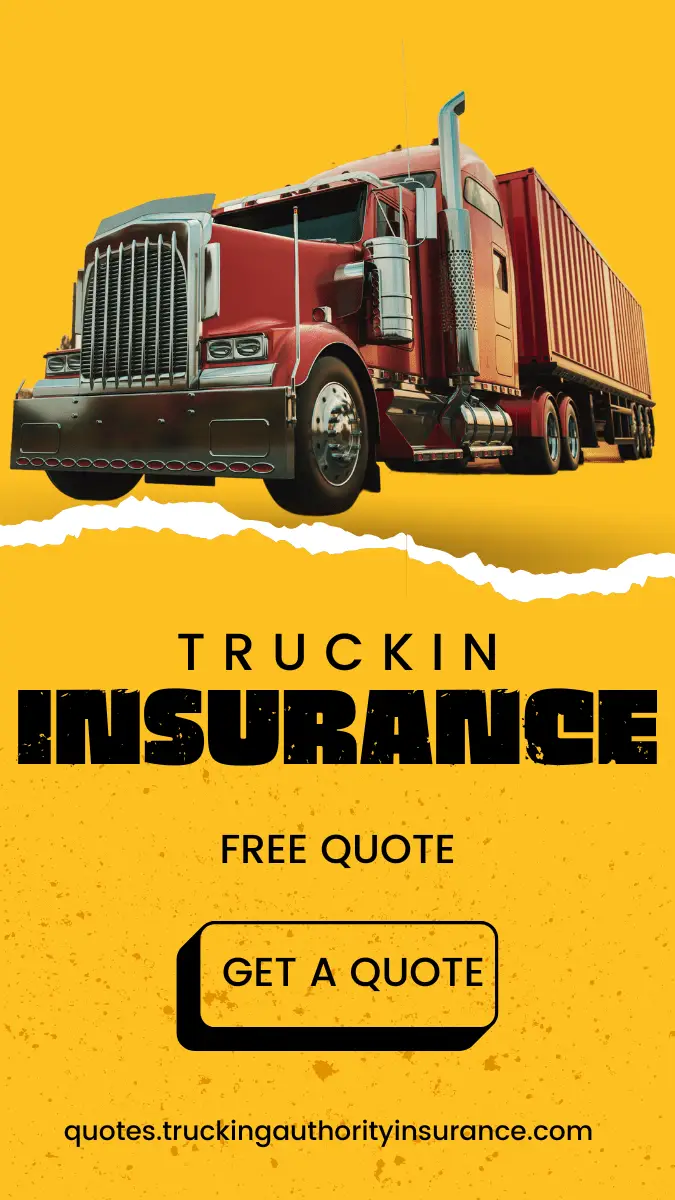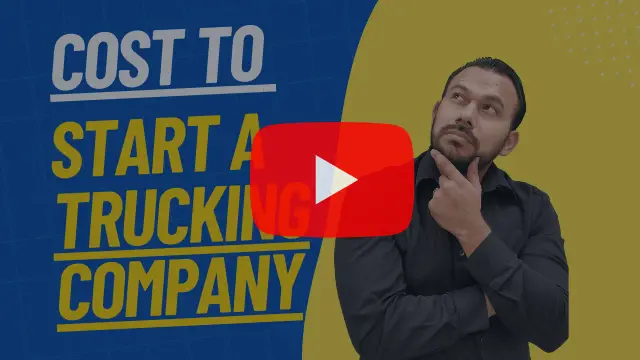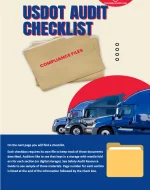Starting a trucking business in Georgia and operating across state lines requires obtaining interstate authority. This authority, issued by the Federal Motor Carrier Safety Administration (FMCSA), ensures compliance with federal regulations and allows you to legally transport goods or passengers for hire in interstate commerce. Here is a comprehensive guide on how to get your interstate authority in Georgia.
What Is Interstate Authority?
Interstate authority, also known as MC authority or operating authority, grants motor carriers the legal right to transport goods or passengers across state lines. It is required for for-hire carriers operating in interstate commerce and is issued by the FMCSA.
Why You Need Interstate Authority
- Legal Compliance: Required for operating in interstate commerce.
- Business Opportunities: Enables your company to expand beyond Georgia’s borders.
- Client Trust: Demonstrates compliance with federal and state regulations, enhancing credibility.
Need Help Obtaining Your Permits?
Get Your Trucking Authority Today!
We Can Help Setup Your USDOT & MC Number.
Speak With Our Experienced Permit Professionals That Can Help You Every Step Of The Way.
Call Us Today! Live Agents Are Standing By.
Getting Your USDOT In Georgia and MC Number
Register Your Business
Start by registering your business as a legal entity in Georgia. Choose a structure such as an LLC, corporation, or partnership. For assistance, visit the Starting a Business in Georgia resource.
Apply for a Georgia USDOT Number
A USDOT number is mandatory for tracking safety and compliance records. Apply for your USDOT number through the FMCSA website. Information required includes:
- Employer Identification Number (EIN)
- Vehicle details (e.g., weight and classification)
- Types of cargo to be transported
Apply for Interstate Authority (MC Number in Georgia)
File Form OP-1 through the FMCSA’s Unified Registration System (URS) to obtain your MC number. This requires:
- Describing your operations (e.g., for-hire, exempt commodities)
- Paying the $300 application fee
Obtain Insurance Coverage
Ensure your insurance meets FMCSA requirements. File proof of liability (BMC-91 or BMC-91X) and, if applicable, cargo insurance. Work with a provider experienced in commercial trucking.
File Form BOC-3
Designate a process agent in each state where you operate by filing Form BOC-3. This agent handles legal documents on your behalf.
Register for IFTA and IRP
For interstate operations, you must register for:
These programs ensure proper tax allocation and multi-state vehicle registration.
Prepare for the New Entrant Safety Audit
All new carriers undergo a safety audit within their first 18 months of operation. Ensure compliance with driver qualifications, record-keeping, and vehicle maintenance.
Types of Operating Authorities for Georgia Interstate Commerce
When applying for your MC number, it’s essential to choose the appropriate operating authority. Common types include:
- Motor Carrier of Property (Except Household Goods): For transporting regulated commodities, excluding household goods.
- Motor Carrier of Household Goods (HHG): For moving personal items used in homes.
- Broker of Property: For arranging transportation of goods without taking possession.
- Freight Forwarder Authority: For consolidating and transporting freight.
- Passenger Carrier Authority: For transporting passengers across state lines.
For a full list, visit FMCSA Types of Operating Authority.
Common Mistakes When Applying for Interstate Authority
- Incomplete Applications: Double-check all forms for accuracy.
- Insurance Delays: Ensure your coverage meets FMCSA requirements before applying.
- Missed Deadlines: File necessary forms and documents promptly.
- Overlooking IFTA and IRP Registration: Register early to avoid fines.
- Neglecting the New Entrant Safety Audit: Be prepared for this mandatory review.
Networking and Resources for Success
Operating successfully in interstate commerce requires more than just authority. Build a strong network and leverage expert services to ensure long-term success:
- Partner with Experienced Brokers and Dispatchers: They can help manage load boards and secure profitable hauls.
- Join Industry Organizations: Networking with other professionals can provide valuable insights and opportunities.
- Utilize Expert Services: With over a decade of experience, our team can guide you through every step of the process.
Authority and Compliance Services
Our Additional Services
- MC Number Application: Seamlessly navigate the application process.
- BOC-3 Filing: Ensure legal representation in every state.
- Unified Carrier Registration (UCR): Maintain compliance for interstate carriers.
- IFTA and IRP Registration: Simplify tax and registration requirements.
- Form 2290 Filing: Meet IRS Heavy Vehicle Use Tax obligations.
Business Formation and Permits
- New Business Setup: Assistance with forming LLCs, corporations, or partnerships.
- State-Specific Permits: Ensure compliance with Georgia’s regulations.
- Georgia IFTA Registration: Simplifies fuel tax reporting.
- Georgia IRP Registration: Facilitates multi-state vehicle registration.
Explore our full range of services here: Trucking Authority and Permit Services.
How To Get Your USDOT and MC Number In Georgia
- How long does it take to get interstate authority? It typically takes 20-25 business days after submitting a complete application.
- What is the cost of obtaining interstate authority? The MC number application fee is $300. Additional costs include insurance and state registrations.
- Is insurance mandatory for interstate authority? Yes, liability insurance and, in some cases, cargo insurance are required.
- Can I operate in Georgia without interstate authority? No, operating in interstate commerce without proper authority can result in fines and penalties.
- Do I need a separate USDOT number for each state? No, the USDOT number is federally recognized and valid nationwide.
- What happens during the New Entrant Safety Audit? The FMCSA reviews your compliance with safety regulations, including record-keeping and driver qualifications.
- Can I manage IFTA and IRP registrations on my own? Yes, but many carriers choose expert services to ensure accuracy and save time.
- What are the benefits of working with an experienced dispatcher? Dispatchers can help secure consistent loads and manage logistics efficiently.
- What financing options are available for new trucking businesses? Consider equipment loans, business credit lines, or partnerships with specialized lenders.
- How do I stay updated on federal and state regulations? Subscribe to FMCSA updates and consult with compliance experts regularly.
Next Steps
Securing your interstate authority is a critical step for operating a successful trucking business in Georgia. By following this guide and leveraging available resources, you can ensure compliance and focus on growing your operations. For expert assistance, visit TruckersAuthority.com.







